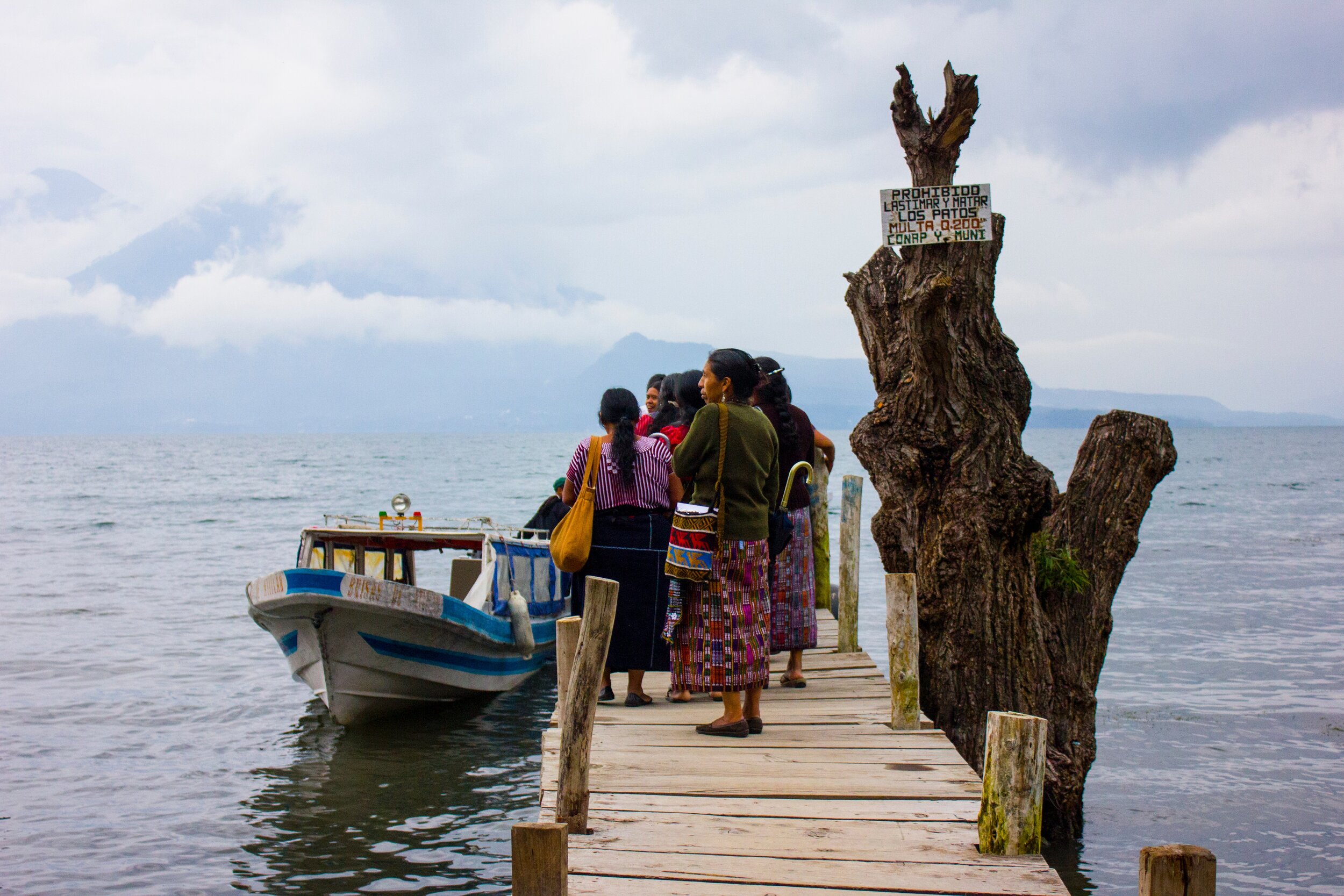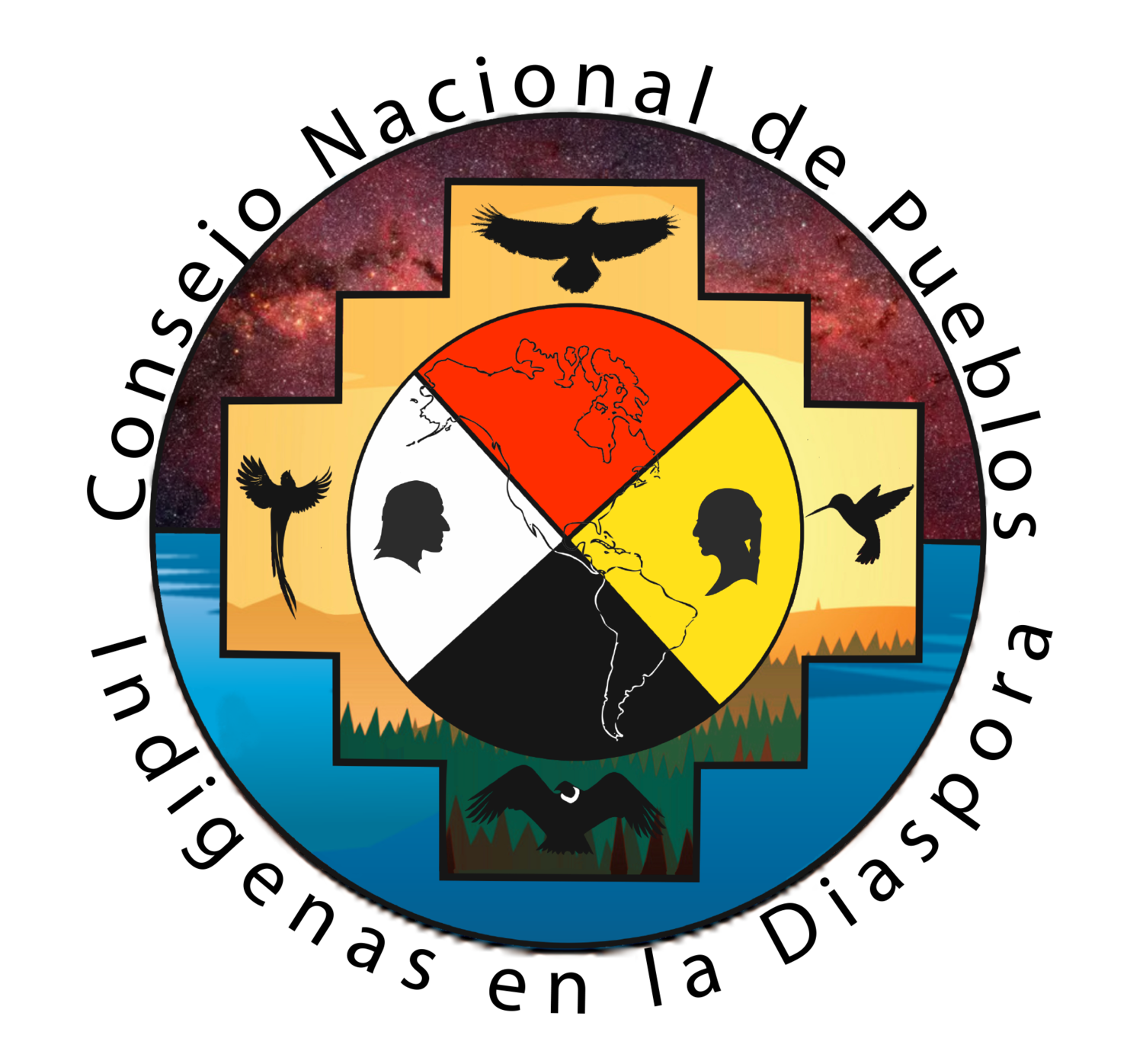
Mission
Shape, organize, and advocate for indigenous communities, educating and sensitizing them for the recognition of human rights. Formulate strategies to solve problems and identify resources so that communities can solve their needs, promoting and protecting the intellectual property of the practices and customs of indigenous peoples and nations.
Generate awareness and visibility through educational sessions and audiovisual material shared with individuals and organizations. Create strategic alliances with other entities to help national and international needs.
Goal 1
Develop projects based on the needs of indigenous communities
Goal 2
Create educational programs for the preservation of self-government systems, decolonization and the preservation of our languages.
Goal 3
Share our knowledge and values based on the cosmovisión and customs of indigenous peoples
Goal 4
Coordinate with organizations, individuals, and academic institutions for the dissemination and knowledge of our culture and worldview at the local and national level
Goal 5
Protect the human rights of indigenous peoples at the national and international level.
Goal 6
Fortify the identity, culture, and forms of organizing and decision-making of the peoples and nations of Abiayala
Goal 7
Protect human rights of indigenous people arriving at the southern U.S. border to ensure they are treated in a just, dignified and respected way by the authorities and government of the United States
Goal 8
Protect and defend indigenous rights established in the Declaration of Indigenous Rights proclaimed in the UN in 2007, ILO Agreement 169 for indigenous peoples and tribes, the American Declaration on the rights of indigenous peoples, the International Agreement on Social, Cultural, and Economic Rights among other international legal frameworksgales.
